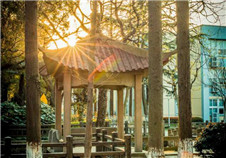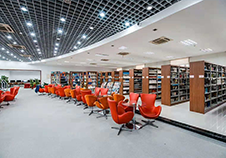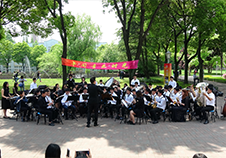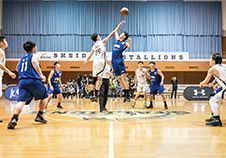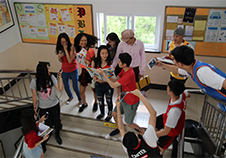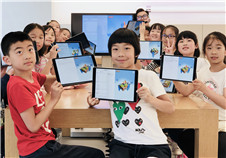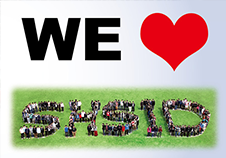
Events
Grade 10 students gained outstanding grades in the national round of IMMC
Grade 10 students gained outstanding grades in the national round of IMMC
On April 27th, 4 sophomore students- Ashley Huang, Audney Guo, Noah Jiang, and Justina Jin- participated in the national round of IMMC (International Math Modeling Challenge) at the Hong Kong University of Science and Technology. After months of preparation and hard work, they eventually received great results in the China Division, and won the Outstanding Team Award. From attending their first IMMC challenge in February to winning the highest award in April, this team has learned a lot about math modeling throughout these months.
The team was formed on November 16th, and they first joined the mathematical modeling competition HIMCM (High School Mathematical Contest in Modeling), and through 36 consecutive hours of intense work, they won the Finalist award, which puts them in the top 10% in the world. After this first experience, the students gained a preliminary understanding of math modeling. Gradually they have accumulated some experience on the composition of papers, time allocation, teamwork etc. This experience also became the basis and advantage of the team's participation in IMMC.
IMMC is similar to the experience of American high school students. Both require the team to resolve the issues raised by the organizing committee within a specified time, and to submit a complete mathematical model by the deadline. The difference is that the time limit is extended. By switching from 36 hours to 120 hours, not only was there a higher standard to the quality and completeness of the paper, but also a more efficient time distribution and team collaboration is required. Outstanding teams were qualified to attend the international competition, while the first 24 teams can get a direct chance to participate in the national round in Hong Kong.
The IMMC 2017 topics were related to astronomy, and required attendees to utilize their mathematical modeling, geography and physics knowledge to solve a range of problems in regards to orbit-fixing satellites and the earth. The team was quite puzzled when they got the problem from the organizing committee. Astronomy is certainly an unfamiliar subject to all of the members, the knowledge required is rather distant from textbooks in school, and no one had any prior knowledge of satellites. The researching process was not smooth. Data on satellites had to be found on national databases, and only a small amount of data was accessible to the team. But after unremitting efforts, the formulas were found, solutions were developed, examples were found, tests were successful.
Because of the limited time, students found more effective methods in time allocation and team assignments during the competition, and the model building and thesis writing processes of the previous days were smooth. However, the challenges of the competition were unexpected. When it was less than 12 hours to the deadline, the majority of the paper had been completed, and the students suddenly found that not only the units used were not correct but also that they have forgotten the sensitivity test of the paper. The sudden problems made the members extraordinarily anxious as more and more time passed. Finally, after their persistent all-night efforts, all the problems were finally resolved.
120 hours is not long, but the members learned a lot from these 120 hours. For example, the outset to the astronomical field, and some professional terminologies regarding satellites. The modeling adventure did not stop there. In March the team received good news from the international round and was told that the paper was in the top 6% of all papers and therefore qualified them to go directly to the finals in Hong Kong. Despite their Rejoicing, a new challenge now posed itself: how to condense the complex 20+ page paper into an eight-minute speech. How to express the ideas in the paper with clarity, but also to ensure that the expert judges can capture their novelty and specialty. The beginning of the ensuing practice was not smooth. An excessive amount of texts on the team’s Powerpoint presentation and the limited timing led to confusion for the listeners. But with the help of teachers and seniors, after days of practices, the students overcame the tension and the whole speech went smoothly in Hong Kong. They won the entire competition and bagged the highest award.
Through the continuous process of learning, exploring and developing, the experience gained form the competition is irreplaceable. The current team members are looking forward to participating in other math modeling competitions in their junior year to achieve better results.
(Written by Justina Jin from 10(10), Audney Guo from 10(11) Picture by Justina Jin from 10(10), Audney Guo from 10(11), supervised by Mingxin Zhang, Sophia Yang)

